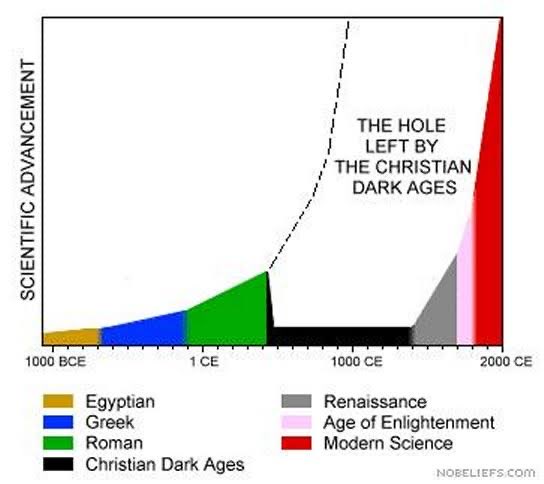Trying to generalise about the relative intelligence of people in wildly different disciplines is pretty absurd. But that aside, it’s amusing how this STEM bro thinks studying literature or history can be reduced to “people who can read books”. That’s like reducing engineering.. 

… to “people who can draw machines”. I’m reminded of the medicine student I went to university with who was baffled when I said I was considering postgraduate research in history. She said she couldn’t understand how anyone could do original research in history because …
… history was just “looking up what happened in a book”. This clearly intelligent and well-educated young woman seriously thought there was “a book” that simply told us “what happened”. She never considered who wrote this “book” or how they could work out “what happened”.
…
…
… Later, when I was doing my MA in literature, an engineer was similarly baffled by me spending several years writing a thesis on a single (long) medieval poem. I explained how my thesis looked at various likely meanings of the poem given its social, political, theological …
… and literary contexts. My use of the plural “meanings” baffled him still more. “So what is its actual meaning then?” he asked. I tried to explain it had multiple meanings and this was the point. He couldn’t grasp this. “But there must be one meaning that’s the *right* one.” …
… he insisted. When I told him there wasn’t and there was no way to reduce it to one “right” meaning, he scoffed and told me my thesis was therefore pointless. Again, he was clearly a smart guy, but he could not grasp that not everything can or even should be reduced to a …
… single “proven” proposition.
I’m currently working on an article on the Conflict Thesis - the nineteenth century claim that the history of science can be reduced to “religion has always held back science.” Historians have long since debunked this claim, but many …
I’m currently working on an article on the Conflict Thesis - the nineteenth century claim that the history of science can be reduced to “religion has always held back science.” Historians have long since debunked this claim, but many …
… religion ideologues (most of them STEM bros) desperately want to cling to this simplistic idea. So Jerry Coyne of “Why Evolution is True” has clutched at a paper by an economics PhD candidate (🙄) who “proves” this idea by mapping “God referring words” via Google Books …
… and the density of “science” words over time and finding that as the former decline in frequency, the latter increase. Coyne admits “one could pick some nits with these data”. Well, yes. More than “nits”, a first year history undergraduate could blow elephant-sized holes in…
… this childish methodology, but Coyne doesn’t seem to see any problems with it. Again, I assume Coyne is a smart guy despite being clueless about historiography.
It’s this near total cluelessness that means we still regularly see the notorious “Chart” (below) flourished as …
It’s this near total cluelessness that means we still regularly see the notorious “Chart” (below) flourished as …

… though it isn’t one of the dumbest things the internet has ever produced. And it is often lauded and defended by people who have advanced in their STEM fields and are confused as to why they are mocked over it.
There are probably several morals to be drawn here, but …
There are probably several morals to be drawn here, but …
… overall I’ve found that complex fields of study that have developed over centuries are usually far more sophisticated than they seem to outsiders and so should be respected. So reducing them to “people who can read books” is - to borrow an ugly phrase - “terminally retarded”.
• • •
Missing some Tweet in this thread? You can try to
force a refresh







